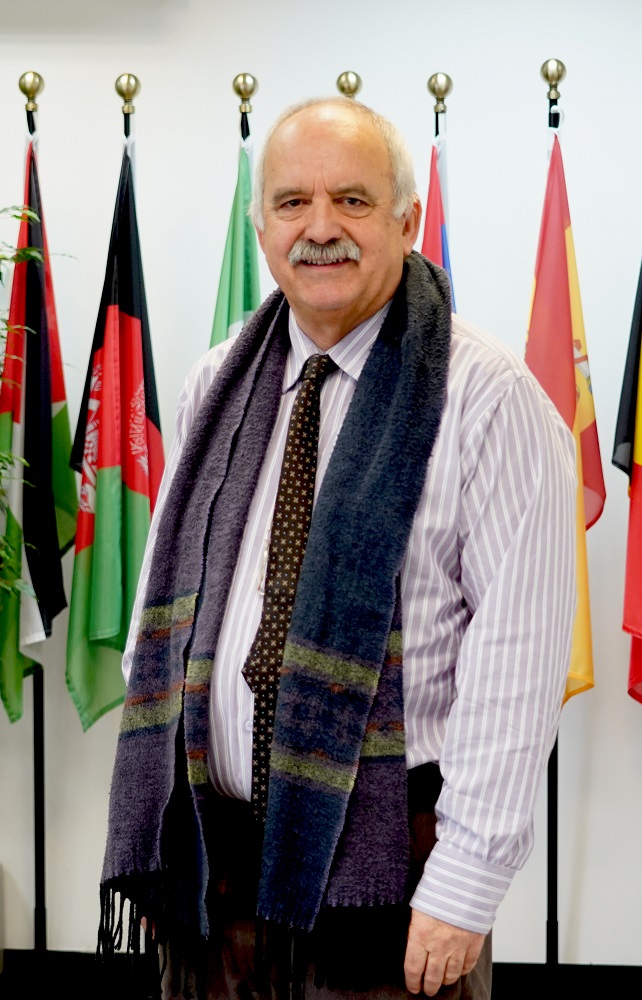Humanitarian aid has to transform to deal with the effects of climate change, warns Islamic Relief’s Senior Policy Advisor for Poverty Reduction, Jamie Williams in an article in Voice Out Loud, the influential journal of European humanitarian non-governmental organisations.

Islamic Relief has been responding to emergencies for the past 36 years. From our work in vulnerable communities, we see all too starkly how, as climate change heats the planet, emergencies are running into each other.
It is leading to a constant state of crisis.
For many, food shortages and social breakdown will become normal. Many more people will have to leave their homes, migrating to cities and less distressed countries.
To deal with this new reality, we will have to transform our thinking about how to deal with emergencies and deliver humanitarian aid.
All decisions must now be made with a view to how they will affect the planet. All actions must help people build their ability to cope, with fairness and justice at the centre.
Emergencies and humanitarian response will need to become one with efforts to reduce poverty, to manage future shocks and take action to reduce the effects of the climate crisis.
This message has to be heard in the corridors of power. Islamic Relief has recently had its ideas published in Voice Out Loud, a journal which is read widely by politicians, decision-makers and people of influence across the European Union.
Only by paying careful attention to equity, and fully recognising the now inextricable combination of humanitarian response, development programmes, climate action and risk management – along with a willingness to transform systems and thinking – can we properly respond to this, the biggest emergency of all.










